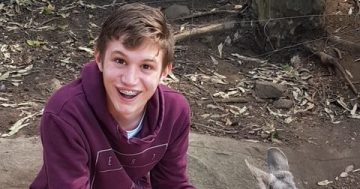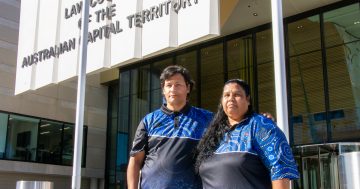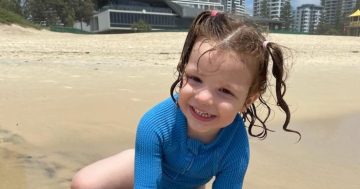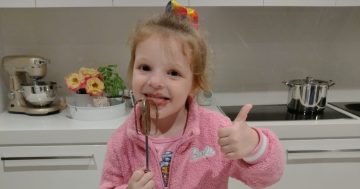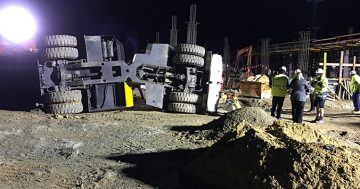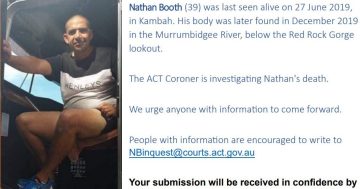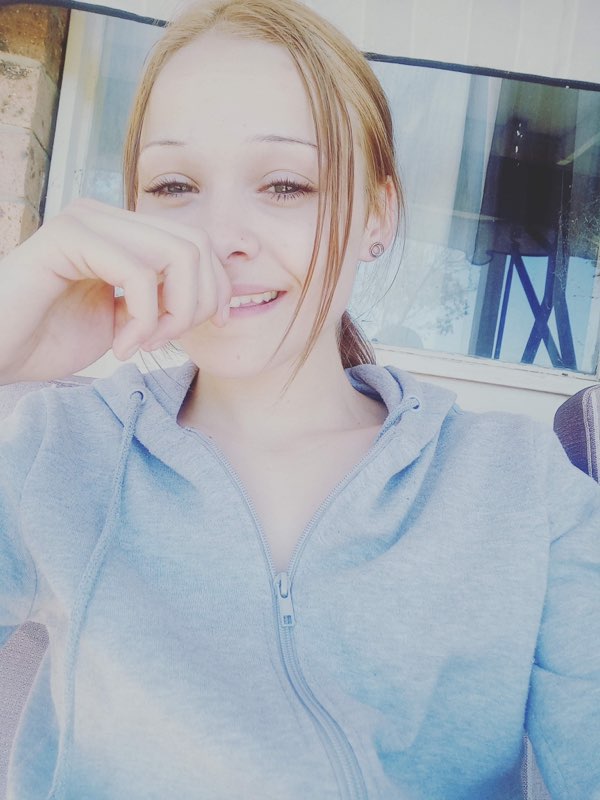
An inquest has ended into the death of 17-year-old Charli Powell. Photo: Supplied.
First Nations readers are advised this article contains images of a person who has died (published with permission).
This article discusses domestic violence and suicide.
A coronial inquest’s findings into the death of a 17-year-old Wiradjuri girl marks the end of three-and-a-half long years for her family and friends, but has left them disappointed.
Charli Powell’s death was “intentionally self-inflicted, in the context of domestic violence”, Deputy State Coroner Harriet Grahame announced on Friday (7 October).
But Charli’s mother, Sharon Moore, is adamant her daughter wasn’t suicidal.
“Where’s the justice for Charli?” she asked.
“I’m disappointed and feel so let down by the justice system. So many people say that about the justice system, and it’s just not good enough.”
She now plans on fighting for a review of the inquest’s findings, and while she knows that will be a challenging battle, she “won’t stop because it’s the wrong decision”.
“We knew that Charli’s case was neglected right from day dot,” Charli’s best friend Kaitlin Sanderson said.
“As much as we weren’t shocked, it still hurt. I feel like a lot of things weren’t taken into consideration.”
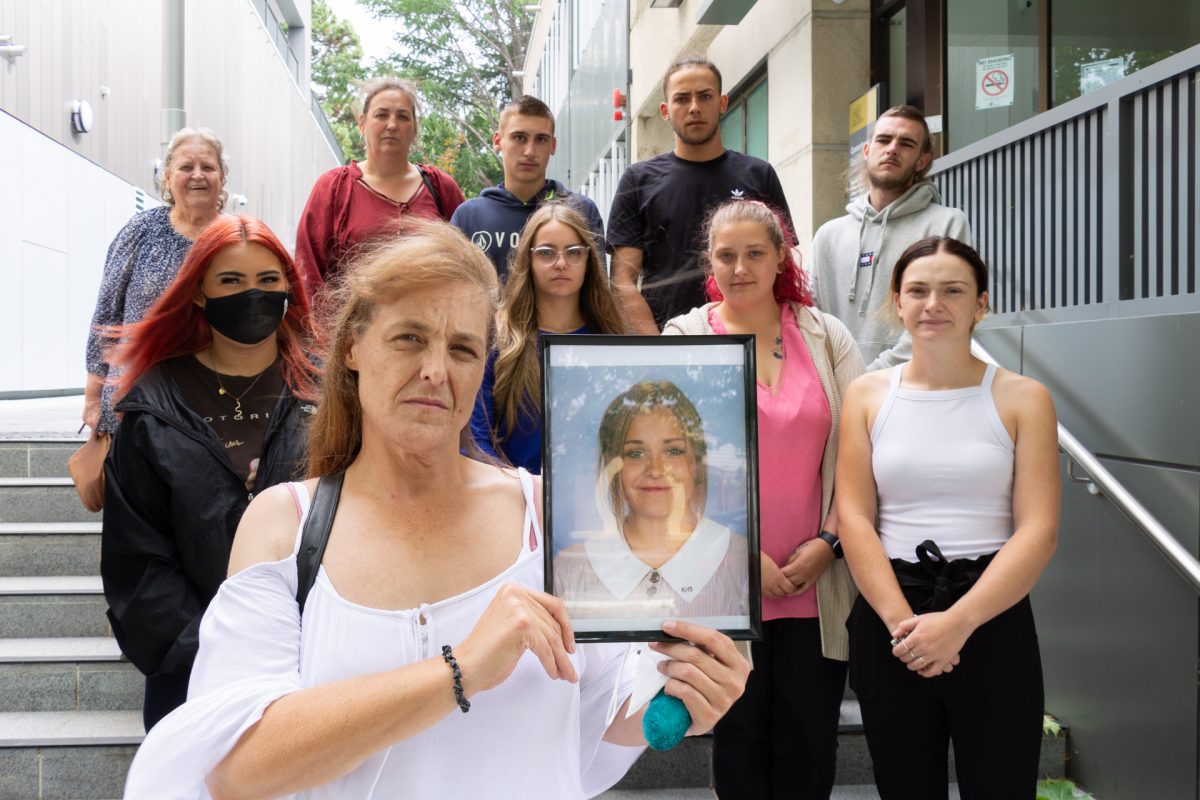
Sharon Moore holds a photograph of her daughter Charli Powell, surrounded by the 17-year-old’s friends and family at the start of the inquest into her death. Photo: Albert McKnight.
Deputy State Coroner Grahame said while Charli faced several issues in her life, including cannabis use and possibly struggles with her mood, the most stressful one was her “abusive” relationship with her violent boyfriend.
She said he showed “an explosive temper when stressed” while giving evidence at the inquest and she had “no trouble accepting that Charli was subjected to [his] rage on numerous occasions”.
Charli had been staying at his house on 11 February 2019 before leaving at some stage, with him saying it was because they’d argued about where they were going to sleep that night.
The pair exchanged calls afterwards, and Deputy State Coroner Grahame said his account did not match the call records. He couldn’t explain why there were repeated calls or what was said.
He claimed she told him she was going to kill herself in one call and he began to look for her, eventually finding her at a male toilet block at Freebody Oval, Queanbeyan.
He called Triple Zero at around 4 am and asked for an ambulance. When paramedics arrived 10 minutes later, he and a man from a nearby house were attempting CPR. Charli could not be revived and was declared dead at the scene.
Deputy State Coroner Grahame said the boyfriend’s evidence about his search to find Charli was sometimes inconsistent.
For instance, saying the reason he first thought Charli was in a toilet was because the sound quality of the call suggested she may be in her mother’s bathroom appeared to be “quite implausible”.
But she rejected the submission that some of his inconsistencies necessarily indicated dishonesty, saying incomplete recollection was consistent with “honest shock”.
“He was vigorously cross-examined and while his evidence was explosive and at times offensive, his account did not increase my suspicions,” she said.
Deputy State Coroner Grahame accepted police had made an early decision that Charli’s death was likely a suicide.
A police officer had been questioned why she didn’t detain the boyfriend when she arrived at the oval that night and she said it was because he was “extremely upset” so told him to go home, “have a cup of tea”, then come to the police station later.
However, he didn’t go to the station and was not questioned until October 2019, around eight months later.

The death of 17-year-old Charli Powell was the subject of an inquest. Photo: Supplied.
Deputy State Coroner Grahame said the officer had limited discretion whether to detain the boyfriend or not and there was nothing illegal in her decision.
“Unfortunately, the decision has unnecessarily increased suspicions in this case,” she said.
“Even if a decision was taken to allow [the boyfriend] to go home that evening, police should have monitored the situation or considered reattending his home early the following day.”
Professor Johan Duflou, a pathologist with 40 years’ experience conducted the autopsy and said while he could not completely exclude the possibility of ligature strangulation, he believed her cause of death was hanging.
Ms Moore had asked for the inquest to make an open finding and Deputy State Coroner Grahame said she had no doubt “the picture I have of the evening remains incomplete”.
She was uncertain about what happened in the argument between Charli and her boyfriend before she left his home, how he came to find her in the toilets and did not know the exact content of the frequent calls between them.
However, she found Charli’s death to be self-inflicted on the balance of probabilities.
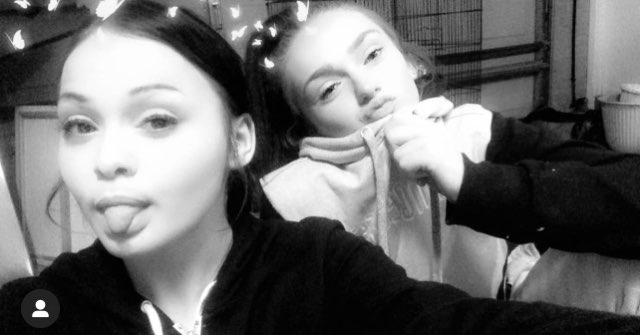
Charli Powell and her best friend Kaitlin Sanderson. Photo: Supplied.
Before closing the inquest, she said she had found it to be “extremely distressing”.
“I am aware that neither Charli’s nor [her boyfriend’s] family will find any comfort in the result,” she said.
Ms Moore said police arrived to get a statement from her a week after Charli’s death and she felt like everything she said was “dismissed”, including when she told them about a violent act the boyfriend allegedly committed on her daughter.
“It’s so hard to prove racism, but there was something there. They [the police] made her feel like she was the problem, instead of him [the boyfriend],” she claimed.
“If there’s suicide involved in a domestic, violent relationship, I think it should be looked into harder.”
Ms Sanderson said it was hard to move forward from their loss of Charli, who would have been 21 this Saturday.
“The last three-and-a-half years have been numb and we have been fighting for this for so long,” she said.
“We’ve had to relive this whole situation and that’s definitely hard.”
Ms Sanderson is in a relationship with Charli’s brother and is pregnant with their child.
“The hardest thing for us in bringing a baby into the world is how the only thing the baby is going to know about her is everything we tell it,” Ms Sanderson said.












